Looking back 2024: Education sector in Bangladesh remains neglected
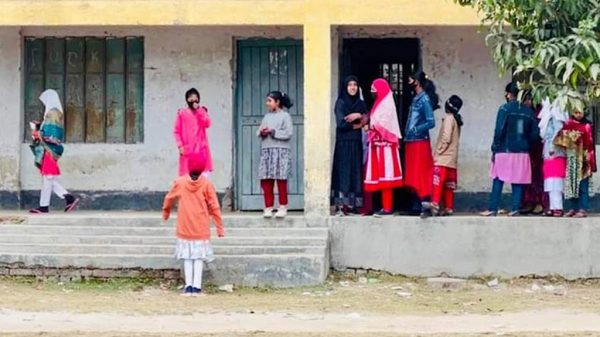
Shawdesh desk:
Students led a mass uprising that ousted the Awami League regime led by Sheikh Hasina in the middle of 2024, but the education sector continued to struggle to recover from learning losses faced by the students at all levels.
Although the interim government has so far formed 11 reform commissions, it has yet to form any such commission for the reform of the education sector.
‘Education sector has never been given priority, although the students have always played an important role in movements,’ said Dhaka University emeritus professor Serajul Islam Choudhury.
The normal academic atmosphere and order have not yet returned in the educational institutions after the July-August student-people uprising, he observed.
Senior educationists also said that instead of changing the entire sector after every changeover in the government, the successors should bring necessary and positive changes.
The year 2024 began with a big change in Class IX–X with the removal of the division of groups under the national curriculum of 2021. The interim government, however, decided to reintroduce the group divisions, restoring the 2012 curriculum.
Learning losses to the students of all levels were caused by not only the mass uprising, which began with the student movement against government job quotas, but also natural calamities of cold wave, heatwave and flood that caused the closure of educational institutions several times in 2024.
The mass uprising resulted in closure of educational institutions, cancellation of some of the Higher Secondary Certificate examinations and subject mapping for Secondary School Certificate results, session jam in tertiary level, vacancy in educational institutions due to forced resignations, return to 2012 curriculum and delay in printing textbooks for 2025.
Poor quality of education, university teachers’ protests against the universal pension scheme Prattay, different new decisions, and changes in decisions also put the overall sector in uncertainty throughout the year.
Currently, the country has about four crore students from pre-primary to tertiary levels, as per the Bangladesh Education Statistics 2022.
The government closed primary and secondary level educational institutions on January 16 in areas severely affected by a cold wave and suspended in-person classes across the country for April 21–27 amid a heatwave.
The High Court on April 29 ordered the closure of all primary and secondary level educational institutions until May 2 due to the heatwave. Duration of classes was also shortened during cold waves and heatwaves.
Again in May, educational institutions remained closed for a few days in some districts affected by Cyclone Remal.
The public university teachers across the country started boycotting classes and examinations from July 1, demanding the cancellation of ‘discriminatory’ universal pension scheme Prattay.
The then government on August 3 cancelled the scheme and the teachers withdrew their month-long strike.
On the same day, public university students started a protest demanding reform in the quota system in government jobs which later turned into the mass uprising.
After the mass uprising, the government cancelled HSC and equivalent examinations after holding seven examinations, as a section of the examinees stormed into the secretariat on August for the cancellation.
Later, the results were published based on subject mapping of Secondary School Certificate exams which also faced protests.
Amid the protests, the government closed all primary to tertiary level educational institutions in the middle of July and normalcy returned after the classroom activities reopened in the mid-August.
Many senior officials at 45 of the 55 public universities went missing following the ouster of the AL regime, according to the government.
Resignations of the vice-chancellors and other senior officials began as students at different universities gave them ultimatums to do so on allegations of aiding the deposed AL regime and the police to suppress the uprising.
Humiliation of some teachers at places drew huge criticisms as videos of some of the incidents went viral.
After about four months of uncertainty especially at the universities, academic activities at Dhaka University resumed on September 22.
The interim government decided to print textbooks for 2025 as per the 2012 curriculum instead of 2021 curriculum and introduce a new curriculum in 2026.
Changes in curriculum, revision of the textbooks, cancellation of previous tenders and fresh tenders caused delay in the printing of textbooks.
The education ministry on December 23 asked the public universities to hold admission tests under the cluster-based system to keep order in the sector and avoid confusions as Jagannath University, Bangladesh Agricultural University, Mymensingh and Khulna University of Engineering and Technology decided to withdraw from the system in 2024.
The share of education, 1.69 per cent, in gross domestic product fell again in FY24, 1.83 per cent in FY23 and 2.08 per cent in FY22.
The poor quality of education is still obvious as the education sector still remains neglected, BRAC University emeritus professor Manzoor Ahmed, also the head of the government-formed committee for the improvement of the quality of primary and non-formal education, told New Age.
Terming 2025 as a transition year, he urged the government to form a commission immediately and give it six months to start necessary reforms in the education sector.
‘This sector needs priority,’ he said.
Serajul Islam Choudhury decried the government for forming no education commission yet.
Even there was almost no impact of the previous commissions, he said, adding that continuation in reforms in the sector was necessary instead of changing everything after the assumption of power by any new government.
He also demanded more budget allocation for the sector, attracting meritorious students in the teaching profession, restoration of order in the educational institutions, respect of teachers at the workplaces and holding examinations in time.
‘Emphasis should be given on the education sector, otherwise we will see further backwardness for not turning this big population into educated and skilled workforces,’ he said.


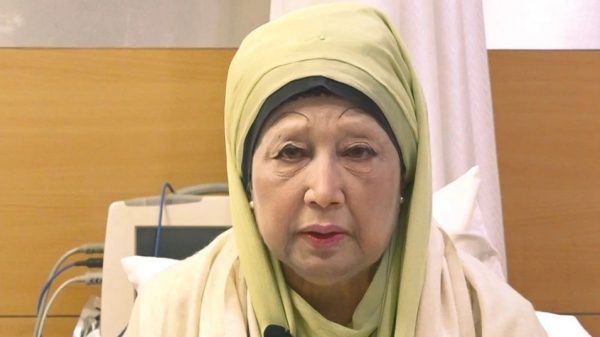



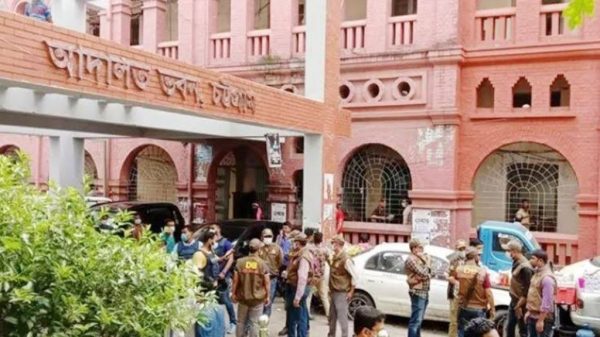
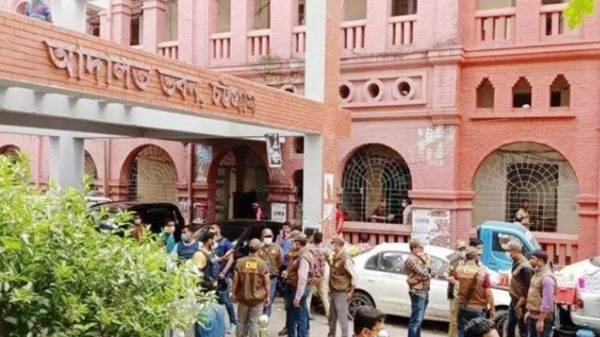
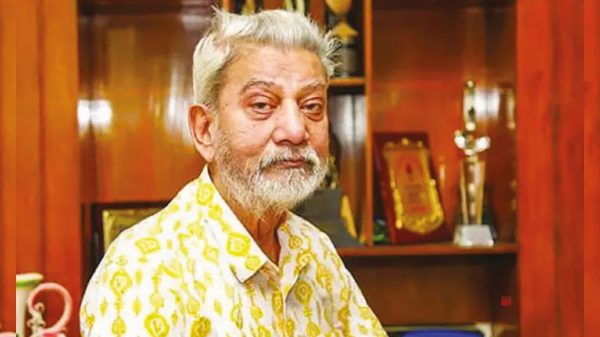


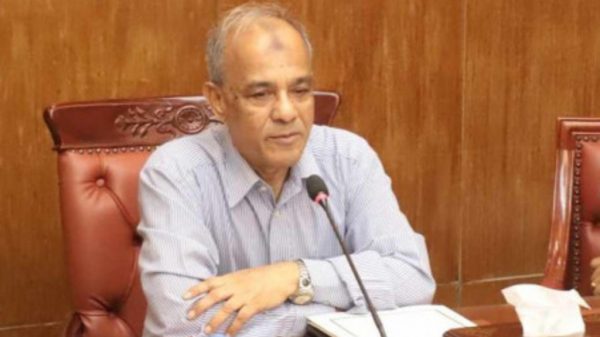











Leave a Reply